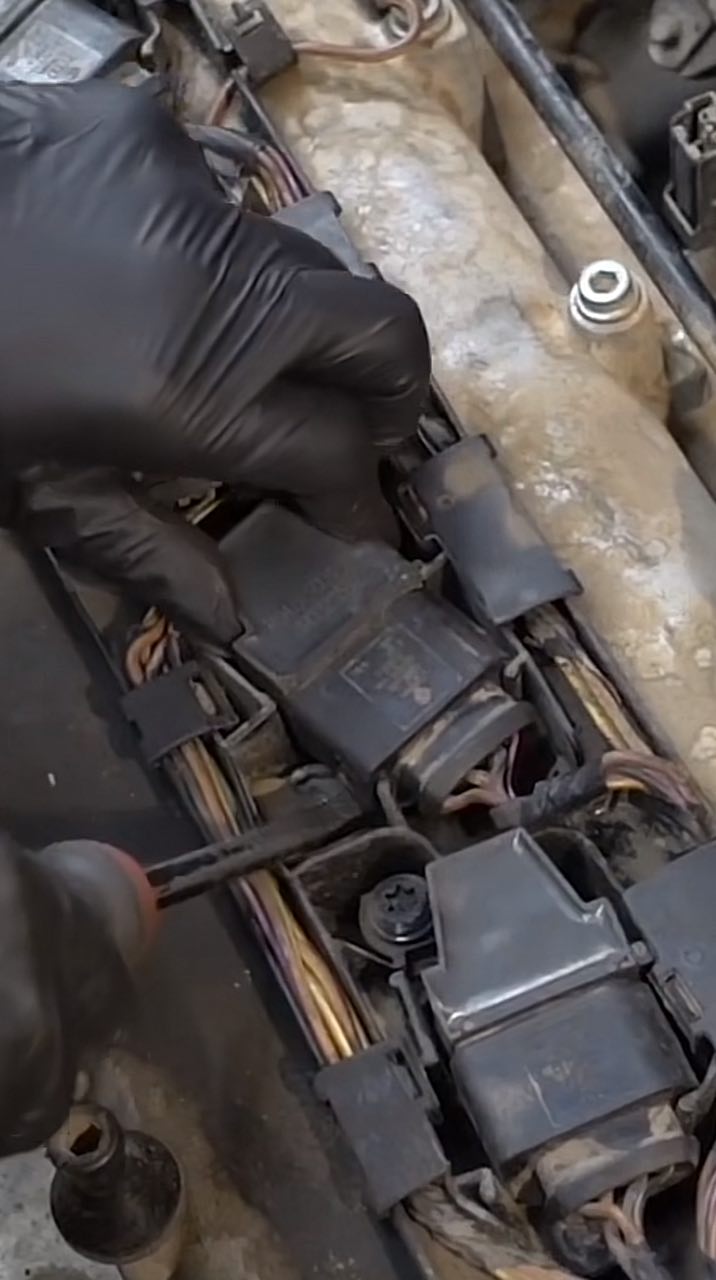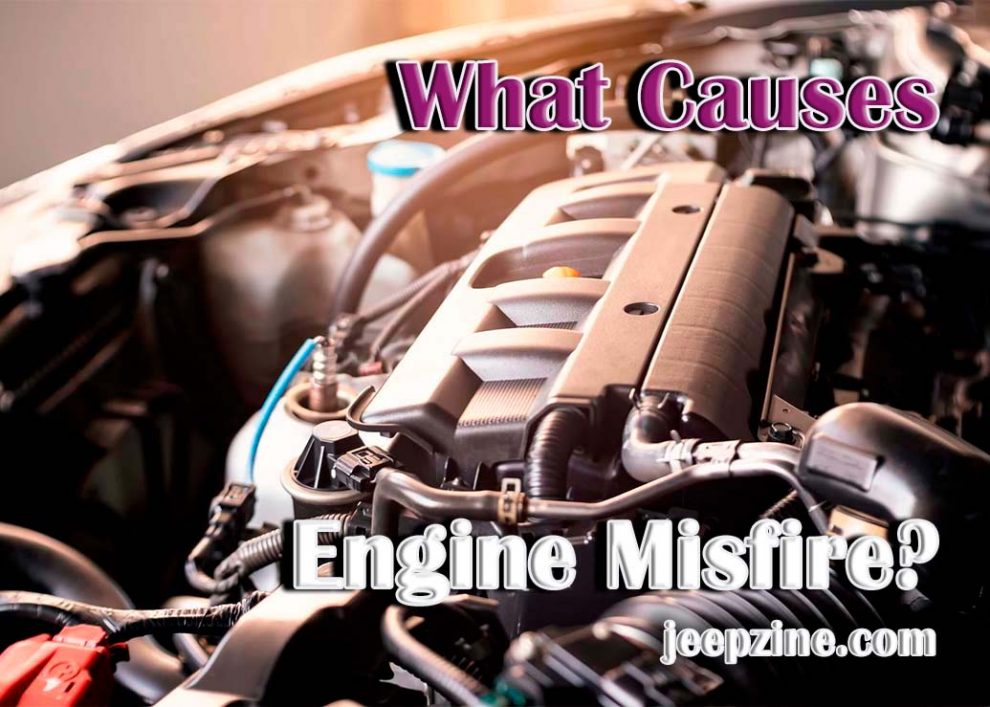The engine is the heart of a car, providing it with the necessary power to move and operate all its systems. Without a properly functioning engine, a vehicle will not only fail to move but will also be unable to function. One common problem affecting an engine is misfire, which can cause various issues for a vehicle’s performance and reliability. In this article, we will explore what causes engine misfire in cars and how to diagnose and fix such problems. We’ll also discuss some of the most common symptoms associated with an engine misfire so you can more easily identify when one has occurred. By understanding what causes misfires, drivers can better prepare themselves for dealing with potential issues before they become serious problems.
Warning Signs of an Engine Misfire
An engine misfire may be difficult to detect, but some warning signs can alert you to the issue. If your engine is misfiring, you may notice one or more of the following symptoms:
- A decrease in power output
- An increase in fuel consumption
- Rough idling or stalling
- Excessive vibration from the engine
- Illumination of the check engine light
If you notice any of these signs, checking your vehicle immediately is crucial. Identifying the issue early can make repairs simpler and more cost-effective.
Common Causes of an Engine Misfire

-
Faulty spark plugs – spark plugs provide the spark necessary for combustion in the combustion chamber, so if there’s a problem with one or more spark plugs, it can lead to an engine misfire.
-
Faulty ignition coils – ignition coils convert low-voltage signals into higher voltage signals, so they ignite a fuel-air mixture in the combustion chamber so having bad ignition coils can cause misfire issues as well.
-
Vacuum leaks – they allow unmetered air into the intake manifold, which can lead to an engine misfire due to a lack of proper air-fuel ratio in cylinders for combustion purposes.
-
Leaking fuel injectors – leaking fuel injectors introduce too much fuel into cylinders and cause a lean mixture that fails to ignite properly and thus leads to a misfire condition.
-
Clogged catalytic converter – clogged catalytic converters restrict exhaust flow, which could cause excessive back pressure that results in an incomplete burn of air-fuel mix in cylinders, leading to a misfiring condition.
Other issues such as faulty oxygen sensors, dirty or clogged fuel filters, worn valves, and timing belt or chain can also be potential culprits behind engine misfires.
Diagnosing an Engine Misfire
The first step in diagnosing an engine misfire is to check the spark plugs. The necessary fix should be carried out after determining the reason for the engine misfire. If the spark plugs are new and functioning correctly, other parts of the ignition system must be inspected and tested, such as ignition coils, wires, distributor cap, etc. Other potential causes, like vacuum leaks and fuel injectors, should also be checked if these components work properly. Lastly, a diagnostic scan tool can also detect any fault codes related to misfiring cylinders to identify a particular cylinder or component that might have caused the issue in the first place.
Repair Solutions for an Engine Misfire
Once the cause of the engine misfire has been identified, the appropriate repair needs to be done. If spark plugs are worn or faulty, they should be replaced with new ones. If other ignition components like ignition coils or wires are defective, they should also be replaced. Vacuum leaks and faulty fuel injectors must be sealed or replaced to prevent further issues. Additionally, if any other sensors related to the engine, such as oxygen sensors, are faulty, then those need to be inspected and repaired. Lastly, a professional mechanic could inspect and adjust the timing belt or chain if necessary to ensure that engine cylinders fire in proper sequence, leading to smooth engine functioning without any misfires.
Conclusion
Engine misfires can be a source of stress and frustration for any vehicle owner. By understanding what causes an engine misfire and taking proactive steps to address it, you can avoid potential problems in the future and maintain your car’s performance for longer. Several common causes of an engine misfire include faulty spark plugs, ignition coils, vacuum leaks, leaking fuel injectors, and a clogged catalytic converter. It is essential to have the vehicle inspected as soon as possible if any of the warning signs of an engine misfire are noticed. Diagnosing the issue quickly and carrying out the necessary repairs ensures that your vehicle is running in optimal condition.

